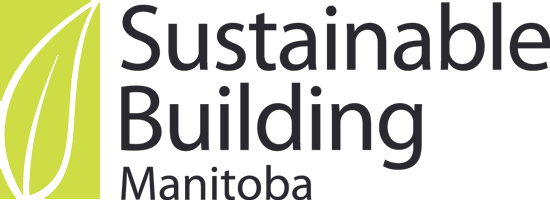Glossary
Carbon Usage
Carbon Neutral
Companies that are ‘carbon neutral’ achieve net-zero Carbon neutral refers to the attempt or completion of offsetting carbon emissions produced. Usually done so by removing carbon emissions elsewhere or purchasing carbon credits.
Carbon Footprint
Carbon footprint refers to the emissions of greenhouse gasses from an individual or organization
Carbon Offset
Carbon offsets reduce carbon emissions by purchasing credits or using carbon trading schemes.
Ecological
Ecological Footprint
The impact of a community or person to the environment in in regard to the land required to sustain their use of natural resources.
Ecological restoration
Ecological restoration is when an ecosystem is restored to its original form after being damaged.
Natural Resources
Materials that are extracted from land to be used for economic gains
Climate
Climate Change
Climate change refers to the changes in Earth’s climate due to changes in the atmosphere.
Global Warming
The gradual increase of temperature across the Earth’s atmosphere. Caused by greenhouse gasses trapping an increasing amount of carbon dioxide, chlorofluorocarbons, and other pollutants.
Greenhouse effect
The greenhouse effect is the trapping and build-up of heat.
Energy
Alternative Energy
Alternative energy is energy that does not use fossil fuels therefore producing little no carbon dioxide co2
Geothermal Energy
Geothermal energy is a renewable energy form extracted from hot water or steam underground to often for electricity.
Solar Energy
solar energy is energy from the sun, this is achieved through the use of solar panels to absorb the Sun’s radiation. The energy stored is used for electricity.
Wind Energy
Wind energy is derived from wind turbines, collected from heavy winds. Stored to create electricity.
Renewable Resource/Energy
Renewable refers to the source’ ability to have its supply be replenished than its rate of use. In this context renewable sources for energy are wind, solar, geothermal, and more.
Water
Water security
The ability to have safe access to water at the needed amount to sustain life, ecosystems, and economic development.
Water scarcity
Water scarcity is when demand for water or its quality cannot be provided.
Net zero water
A concept that limits the use of water, with a goal of only using water that falls on site to be a net zero water community.
Rainwater harvesting
Rainwater stored for later use
Community
Sustainability
Sustainability is the concept where a system has the ability to be maintained at a consistent rate and without the disregard of future generations.
Recycling
The collection of materials that has been used and processed for another use.
Zero waste
Zero waste is a concept that focuses on the prevention of more waste, encouragement of reusable life cycles, and avoiding sending all trash to landfills.
Green Building
A building with ecological principles in mind to maintain a healthy structure that minimizes environmental impacts.
Forestry
Deforestration
Deforestation is the removal of forests or trees for non forest use.
Reforestation
The planting of trees where a previous forest existed but had been cut down for commercial use.




